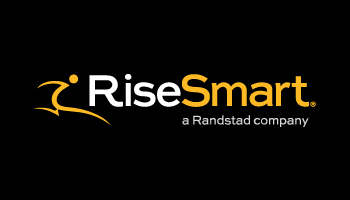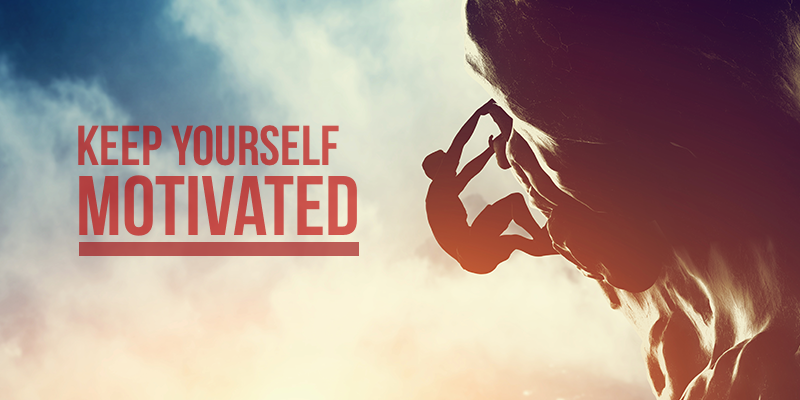
There are many things that a successful enterprise or individual needs in order to make a success of their endeavors. You need a good idea that appeals to an existing consumer base. You need the money to make it happen. You need the right people working with you. You need good marketing, good product development, and you occasionally need to get lucky. But if there is one thing that a success story cannot exist without it is motivation.
Looking at the list of needs above, we know that you can drop almost any one of them as long as some of the others are still there. But if you remove motivation, then the whole thing falls apart. Motivation is what will make or break your efforts. Now, nobody starts off with no motivation, but we all know that the difficulties that lay in our path often demotivate us. We’ve all hit those points in our lives where we just think, “Screw it”, or “I can’t do this anymore”. We also know that every time we’ve gritted our teeth and persevered, we came out the other side a more confident and capable person.
So, that’s the realproblem. It’s not finding the motivation to start off, but finding ways of keeping ourselves motivated even when times are tough.
Keep Calm and Carry On
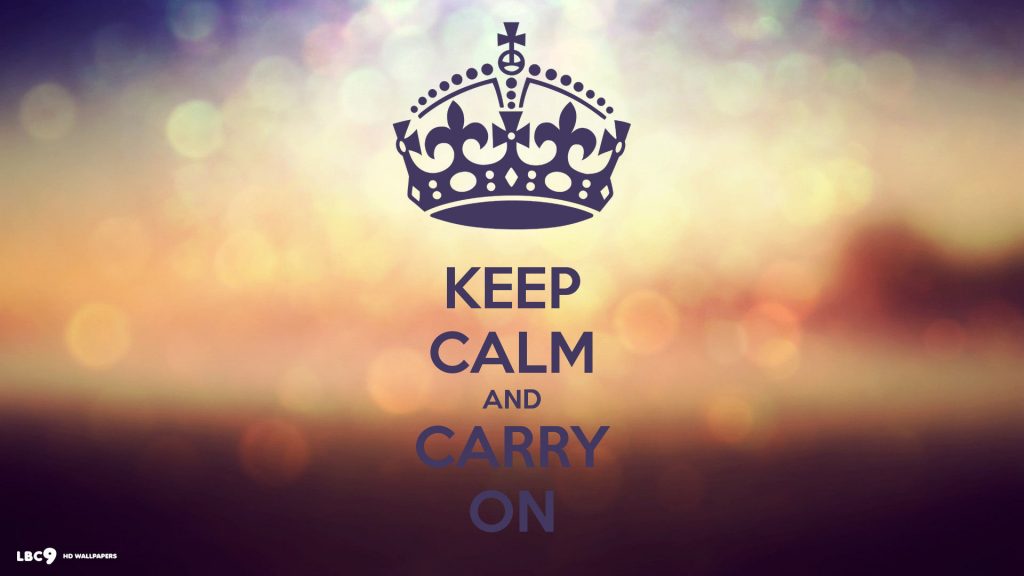
The expression “Keep Calm and Carry On” is not just the cover of that small book we see in bookshops. This actually started off as a British government slogan in 1939, when the United Kingdom stood alone against a Nazi-dominated European continent.
The context was the foreknowledge that, sooner or later, the Battle of Britain was going to begin; when the German Luftwaffe and British Royal Air Force would clash in the skies above England. The Brits knew hard times lay ahead; after all, Churchill had promised them nothing but “blood, toil, tears, and sweat”. Facing down a challenge requires us to steel ourselves in advance. Don’t wait for hardship to come along and then react to it, but mentally brace yourselffor an impact that is inevitable.
This is a stark, and even grim historical reminder of how motivation can lead to success. Had the Brits not persevered and defeated the Germans in the skies, they may not have been able to hold out long enough for the United States to join them and start the long march to Berlin.
And speaking of America and American qualities, there are two sides to perseverance. On the one hand you have stoic perseverance, and on the other you need that can-do attitudethat sees you through to the end. Hope was kindled once the Nazis lost to the Royal Air Force and America joined the war. A can-do attitudetook over with the mantra that, “the way home leads through Berlin”. The Allies, whether American, British, Canadian, Australian, and all the rest knew that only by seeing through their task to the end could they see their efforts come to fruition.
We are the inheritors of their legacy. We continue to enjoy the freedom that was so hard-won all those years ago. And if our predecessors could endure that and come out at the end the better for it, then we can too.
Be Yourself, with Your Own Standards
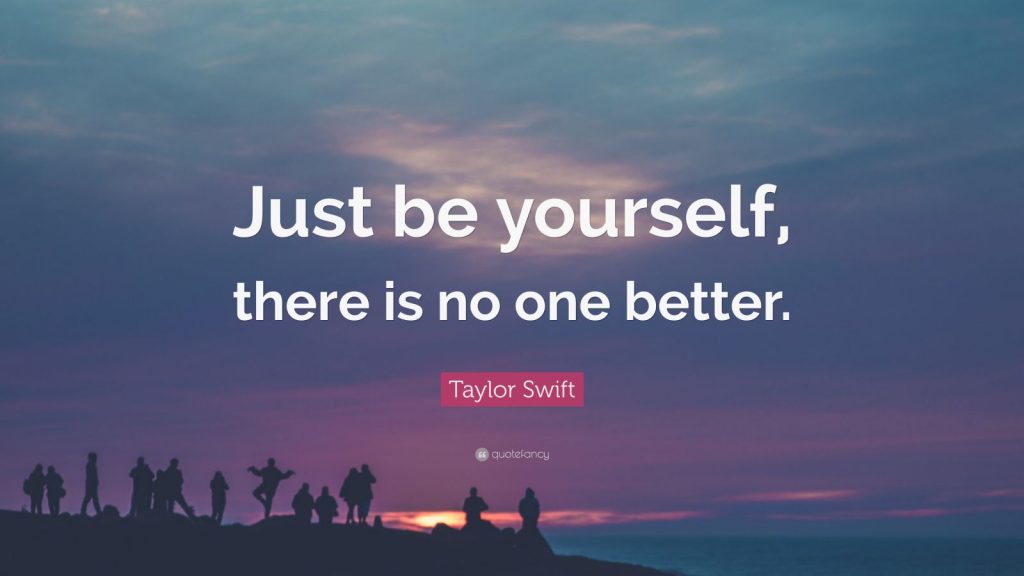
We all know that it really is basic human nature to compare ourselves to others. Does my neighbor have a nicer car? Does my coworker have higher pay? Did that one student at college always beat my scores?
This leads on to thinking, “What could I have done differently?” and, “Am I going to get it wrong again next time?”
Experience teaches us that this sort of thinking gets us nowhere. I might be a safe bet to say that anyone looking for genuine success in life, especially when it comes to the world of business and enterprise, is competitiveby nature. After all, that’s the name of the game. And, assuming you have that can-do attitude, you’ll always be looking ahead. The trouble is that looking ahead often causes us to see people who are aheadof us on that same path. If we dwell on that for too long, our can-do attitude is just going to sink.
Constantly comparing yourself to others won’t help, because you will usually only notice the things where they excel and you don’t, even though they may well look at you the same way but for different reasons. So, in the words of Judy Garland:
“Always be a first-rate version of yourself, instead of a second-rate version of somebody else.”
Stop Living in the Past
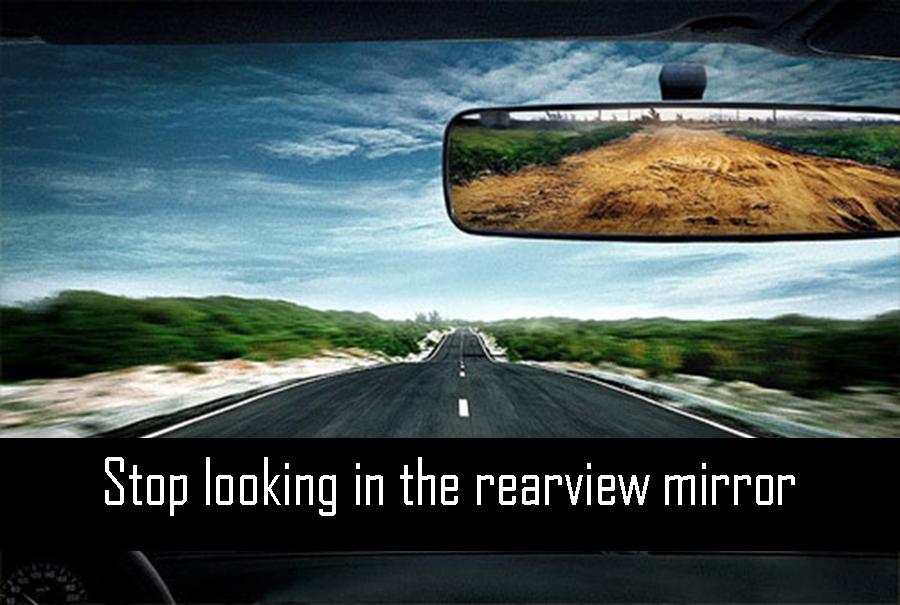
Now we know that the focus should be on ourselves, but there is more to it than that. For some of us, we might find it easier to ignore the people around us but still be totally consumed by thoughts of our past mistakesand future challenges.
In many ways this can be even more debilitating when it comes to staying motivated. When we look at others, we can always console ourselves that there are as many (if not more) people who are less successful than we are. We can likewise convince ourselves that it is only a matter of time and effort before we start overtaking those who are ahead of us (which is, of course, totally the right attitude to have). But when it comes to our own past and what lies ahead of us, we cannot change the former and cannot predict the latter.
It is inevitable, therefore, that we must remind ourselves of that age-old saying, made famous by President Kennedy, that “the only thing we have to fear is fear itself”. Staying focused, present, and in the momentwill ensure we have fewer regrets to look back upon in the future, which automatically makes the future a brighter prospect. The past is there as a lesson, and the future is there as an opportunity to do better. This is as far as our concerns with either past or present should go. Learn from the past, plan for the worst, hope for the best, but never let it get in the way of the present. If we can balance that properly, we can do anything.
Time to Get Organized

Since we so conveniently got ourselves onto the topic of “the present”, there are quite a few things we can do right nowthat will alleviate our justifiable concerns. We briefly touched upon planning for the worst, and there is no better way to do that than being organized.
If you haven’t already, a great and often underrated way of getting things in order is to write up a to-do list. It almost sounds cheesy, but it can work wonders for your motivation. Given that we are so often unaware of the many achievements and progresses we make daily, writing up a to-do list and ticking off the itemson it one at a time will really give us a sense of achievement. For the forgetful and less organized among us (guilty as charged, here) it also serves a very practical purpose as well. You can even break it up into short term to-do lists, medium-term milestones, and long-term goals.
Perhaps most importantly, never leave a day emptyon your to-do list. Doing something, anything, at least once a day is a step forward and will prevent you from climbing into bed at the end of the day feeling like you’ve been a total waste of oxygen (not an unfamiliar feeling for some of us, *ahem*).
But if we look at the other end of the spectrum, so to speak, there are those among us who completely overworkand who feel there is always one thing left undone and cannot take a break. If you’re constantly on your feet, running around trying to juggle everything and stressing yourself out, then its about time to learn to take a breakevery once in a while. If you have a tendency to work late, whether because you’re stressing yourself out during the day or because you are naturally more of an “owl”, then do what they do in Spain and have a siesta(afternoon nap). You’ll wake up feeling like your batteries have been charged, and those late nights won’t seem nearly so tiresome. Other options can be anything from taking a jog, meditation, cooking yourself lunch, or simply reading a book.
At the end of the day it’s all about balance. Don’t overwork yourself, but at the same time make sure that consistent progress is being made and kept track of. Easy, right?
Feedback is Fuel for the Wise

Before we wrap this all up, let’s return to an earlier point; namely, regarding the people around us. Now, we know that we shouldn’t bother ourselves too much about comparisons, but that doesn’t mean we just put the blinkers on and ignore all else. As usual, we don’t want to go too far in either direction.
What we’re talking about here, as the subtitle might have indicated to you already, is that the opinions of those around you are important. Getting people’s feedbackcan help you see mistakes you never would have caught on your own. When it is constructive, or can be turned into something constructive via that can-do attitude, criticism is good. None of us like hearing it, but most criticism, even in its seemingly most unfair form, will hide within it a grain of truth. Bring forth that can-do attitude and the magnifying glass, and you’ll find that grain.
On the other hand, if we’re doing a good job (as we all should), then it can be easy to be distracted by all of the praise we receive. Yes, it can be lovely to bask in the praise of others, but if we let it get to our heads then it can totally blind us to otherwise glaringly obvious errors. The key is to not go looking for praise. If you receive praise, and you certainly will, then accept it graciously; but always remember that you want to be the best youcan be, not just somebody worthy of other people’s praise. Set your own personal standardshigher than their praise, and there is nowhere to go but upwards into, if you’ll forgive another Churchill reference, “bright sunlit uplands”.
We’d like to think that some of what we’ve said has helped with getting your bearings straight regarding staying motivated. But we all know this can be temporary, and the next stumble can bring on those demotivational feelings. Well, we have our very own guide on how to Keep Calm and Carry On: 12 Ways to Keep Yourself Motivated. Read it, share it, but really believe it, and nothing will get you down for long.


















